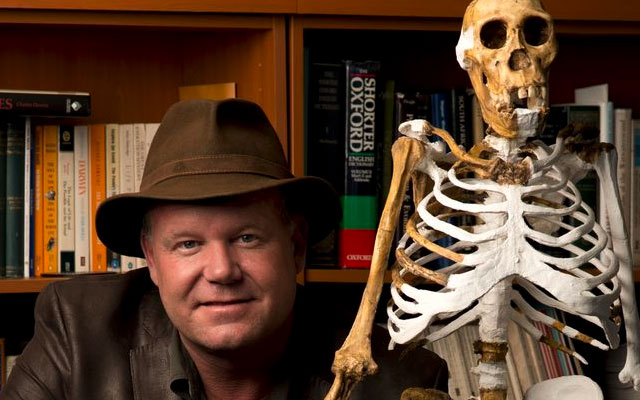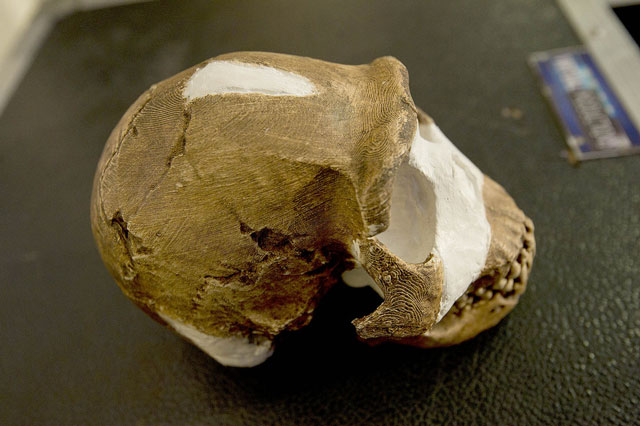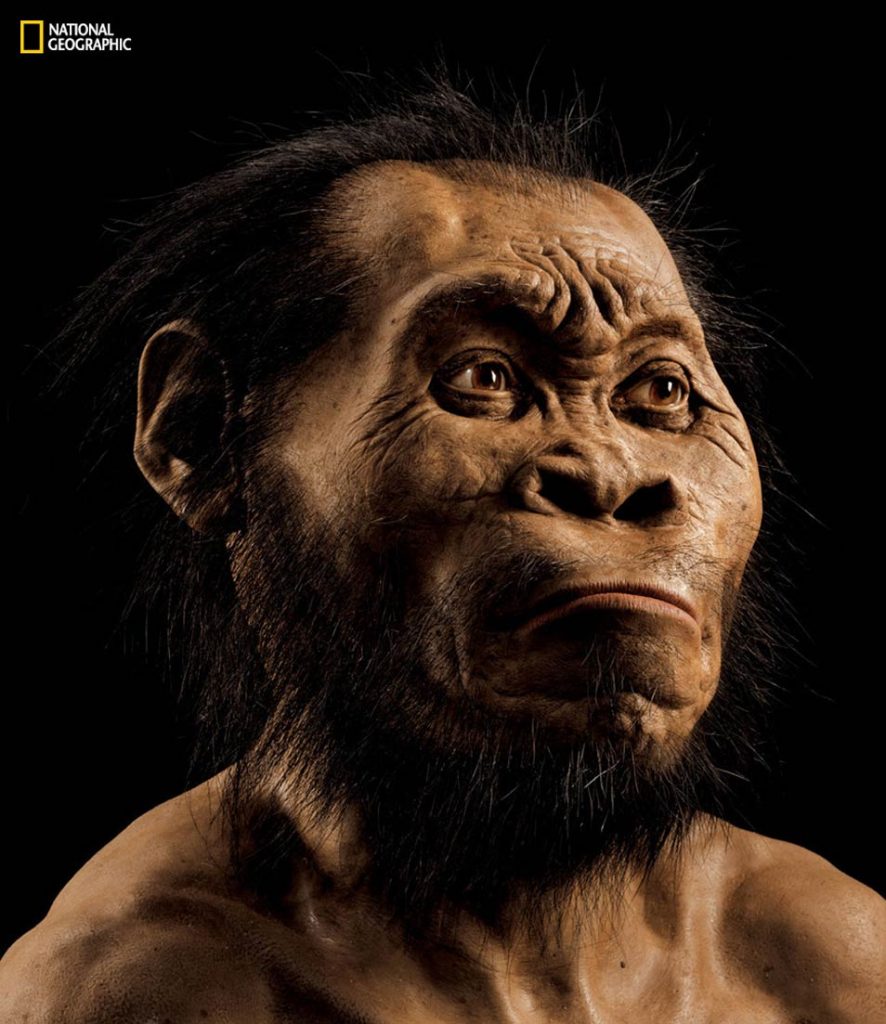
Award-winning palaeoanthropologist Lee Berger, who announced the discovery of Homo naledi last year, has been named in Time magazine’s list of the 100 most influential people in the world.
Berger who, works out of the Evolutionary Studies Institute at Wits University, has dedicated nearly two and a half decades of his life to exploring the origins of humans in Africa.
Some of his discoveries include the most complete early hominin fossils found so far, belonging to early human ancestor Australopithecus sediba.
In 2015, he announced the discovery of new species of human relative, Homo naledi at the Cradle of Humankind, west of Johannesburg.
The fossils were found in a remote, deep underground chamber of the Rising Star cave in 2013 around the Sterkfontein area.
Since the chamber is not easily accessed, and based on their research, Berger and his team concluded that Homo naledi buried their dead there.
“It is an honour to be included in the Time 100 and a tribute to the world-class and influential science being produced on the African continent by African scientists and African institutions such as Wits University,” he said in a statement.
“This recognition also reflects on the hard work of my colleagues, who are all critical to both the discoveries being made, as well as the interpretations put forward in the scientific literature.”
Berger praised the “the high-quality science” that is produced from Wits University.
“New discoveries continue to be made by my colleagues and me at an ever increasing pace, and I hope, and indeed expect, that the research coming out of palaeoanthropology at Wits will continue to have a significant impact on science worldwide.”
A tribute to Berger in the magazine was written by its editor for science and space, Jeffrey Kluger.




